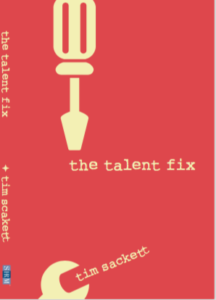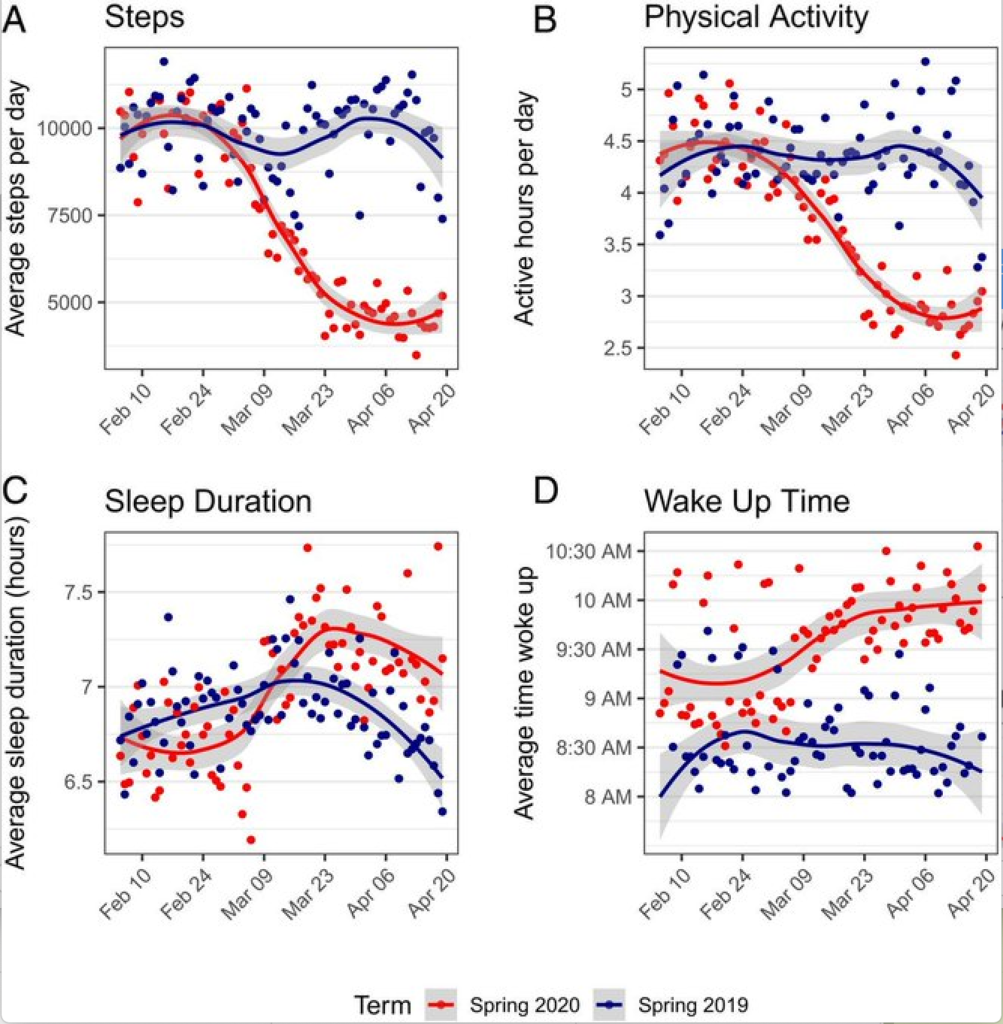The NFL draft, kind of like college football recruiting, is still mostly a crap shoot. I mean, you kind of know what you’re getting, but you truly have no idea if that player is going to be a great success or a colossal failure! It’s all a game of statistical chance. Our hope is this player is more likely to be successful than this other player, but there are no guarantees.
Kind of sounds like Hiring, right!
Here’s kind of what we know about the NFL draft. There are usually a few transcendent talents in the first few picks, like picks one through five. For the most part, if you have one of these picks, you’re are highly likely to get a player who will be productive for an above average amount of time, and more likely they’ll be a superstar talent.
Once you get into the late first round through the seventh round, for the most part the talent is all very similar! This guy runs a 4.56 forty yard dash and this one runs a 4.58 forty yard dash, etc. The stats, the playing experience, the physical traits they have, are bunched very closely together.
There are a few coaches and teams that have kind of figured this out. They are known for “trading back” in the draft pretty consistently. Why draft one player in the first round at number 25, when you can trade back and get two picks of players at 30 and 52? Virtually all three players are basically the same, and if you want better odds at picking a good one, you should give yourself more picks! Hall of fame coach, Bill Belichick, and Baltimore’s GM, Ozzie Newsome, are known to do this frequently and have built very consistently good teams with this strategy.
More picks equals more chances for success!
So, why don’t we hire like this? Let’s say you have an opening for one engineer. You interview a bunch, they’re basically all very similar, and you have no way of really knowing which one will be a great hire for you. Why don’t you hire two or three!?
“Well, Tim, if you knew anything about anything, you would know we don’t have budget to hire two or three engineers! That’s expensive!”
So, if you hired one and they failed, what did that cost you? Also, if you hired two and one made it and one failed, are you better off, or worse off, from where you started? What if both became great hires? Would your company be better or worse?
Let’s say you were hiring a Sales professional. Now, if you hired one and they failed, you start over. If you hired two and one failed, at least you have one performing. Hire three and all of them do well, that is awesome! All three fail and you just quickened your false positive rate on sales hires!
We don’t “over” hire because we, falsely, believe we don’t make bad hires. Until every time we make a bad hire!
What some great NFL personnel have found is “over” drafting, getting more picks, actually gives you more opportunity to get some great talent. Again, this is not just about the number of picks or hires. It’s a combination of doing the right due diligence on talent, all of your selection science, and then getting more chances!
Very rarely, in extreme cases, I’ve seen organizations that could not over hire. But, 99.9% of the time, all organizations would be just fine by over hiring and giving themselves more chances of finding someone great for their organization. Yes, you have some short-term salary budget issues, but most find that is offset by actually being fully staffed with high performing people!
It will either cost you more upfront or more on the backside, one strategy is proactive and one is reactive. As a leader you must ask yourself which one are you more comfortable with?


